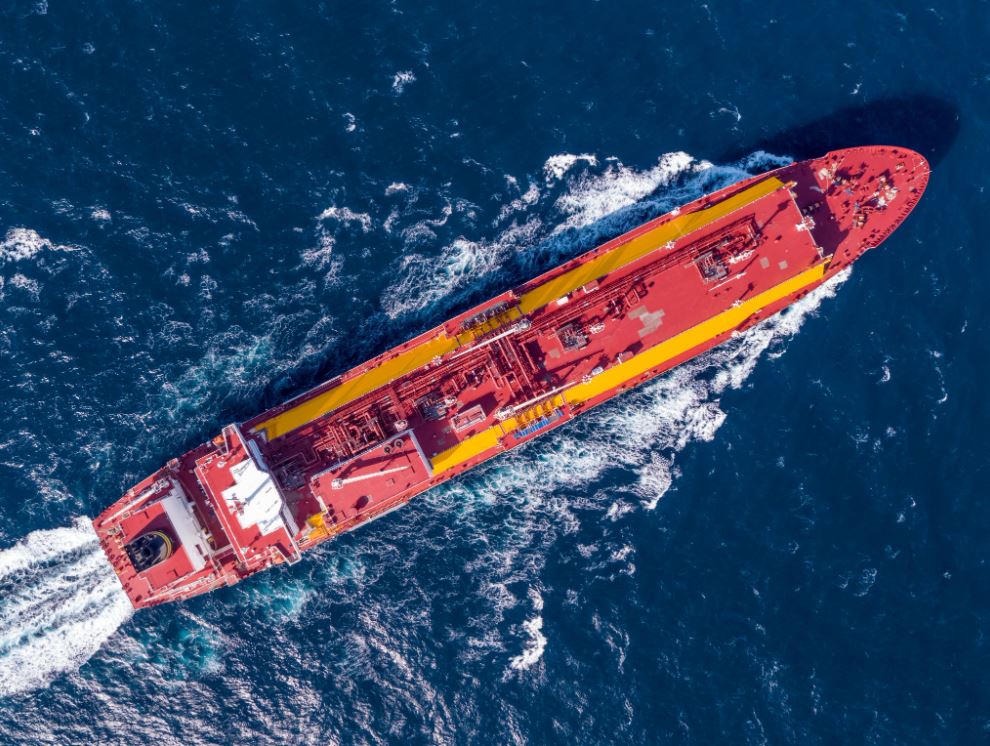This was announced by New Zealand’s energy minister Simeon Brown and resources minister Shane Jones on Monday after the country’s Cabinet has approved a raft of actions to address the “serious risk to New Zealand’s energy security and affordability.”
According to a joint statement, the country’s Cabinet has committed to reverse the ban on offshore oil and gas exploration, with legislation passed by the end of 2024, remove regulatory barriers to the construction of critically needed facilities to import LNG as a stop gap, ease restrictions on electricity lines companies owning generation, ensure access for gentailers to hydro contingency, and also improve electricity market regulation.
Brown said that New Zealand currently has an energy shortage.
“The lakes are low, the sun hasn’t been shining, the wind hasn’t been blowing, and we have an inadequate supply of natural gas to meet demand,” he said.
“That has led to New Zealand currently having the highest wholesale electricity prices of any of the countries we normally compare ourselves to. It is devastating for our manufacturing and export sectors, and is sadly leading to firms reducing production or closing entirely,” he said.
According to Brown, natural gas production dropped by 12.5 percent in 2023 and by a further 27.8 percent for the first three months of this year, creating a nationwide shortage.
Moreover, this has resulted in reductions in manufacturing output, and electricity generators resorting to more coal and diesel to power the country’s electricity system, he said.
“Unlike many other countries, New Zealand is blessed with energy resources under our feet. Natural gas has drawn new industries to our shores, created well-paying jobs in our regions, and powered the producing, manufacturing, and exporting businesses that are the backbone of our economy,” Jones said.
“It is critical for New Zealand that these keep going, but already some businesses are having to close their doors until energy prices come down; with hundreds of jobs at stake. That’s why we are taking urgent action to shore up our energy security,” he said.
“Oil and gas explorers need to have the confidence to invest here and know they will have a key place in New Zealand’s energy sector now and into the future,” he said.
The statement said the ministers will report back to Cabinet in October with options for “mitigating sovereign risk in an LNG facility and domestic gas production.”
However, the statement did not provide further information regarding the LNG facility.
Brown told New Zealand’s talk show Q+A on Sunday that the investment in the LNG facility would require “hundreds of millions of dollars.”
He said that there are three possibilities, including importing LNG via the former Marsden Point oil refinery, at the Port of Taranaki, as well as an offshore option.
Also, he said the government is looking to remove the barriers in order to allow the market to invest and build that facility.
Brown said the biggest barrier for LNG imports is consenting and the government would look to fast-track approvals to allow private companies to build a facility and import LNG.
This could mean that New Zealand may host a chartered FSRU in the future to facilitate LNG imports.
Norwegian FSRU player Hoegh LNG recently said in its second-quarter results report that as of the end of June 2024, the global fleet of FSRUs counted 47 units, excluding four barges with limited storage and/or send-out capacity.
“Following the recent surge in demand for FSRUs, only one existing unit remains available for prompt delivery in the market,” Hoegh LNG said.
There are two FSRU newbuilds on order, of which one is available with expected delivery in 2026.
This unit is the 174,000-cbm FSRU Excelerate Energy ordered at South Korea’s Hyundai Heavy Industries in 2022.
Also, three LNG carriers are under conversion to specialized FSRUs set to serve floating LNG-to-power projects.
Earlier this year, Seatrium secured a contract from Karpowership to convert these LNG carriers into FSRUs.
Take the Survey at https://survey.energynewsbeat.com/

